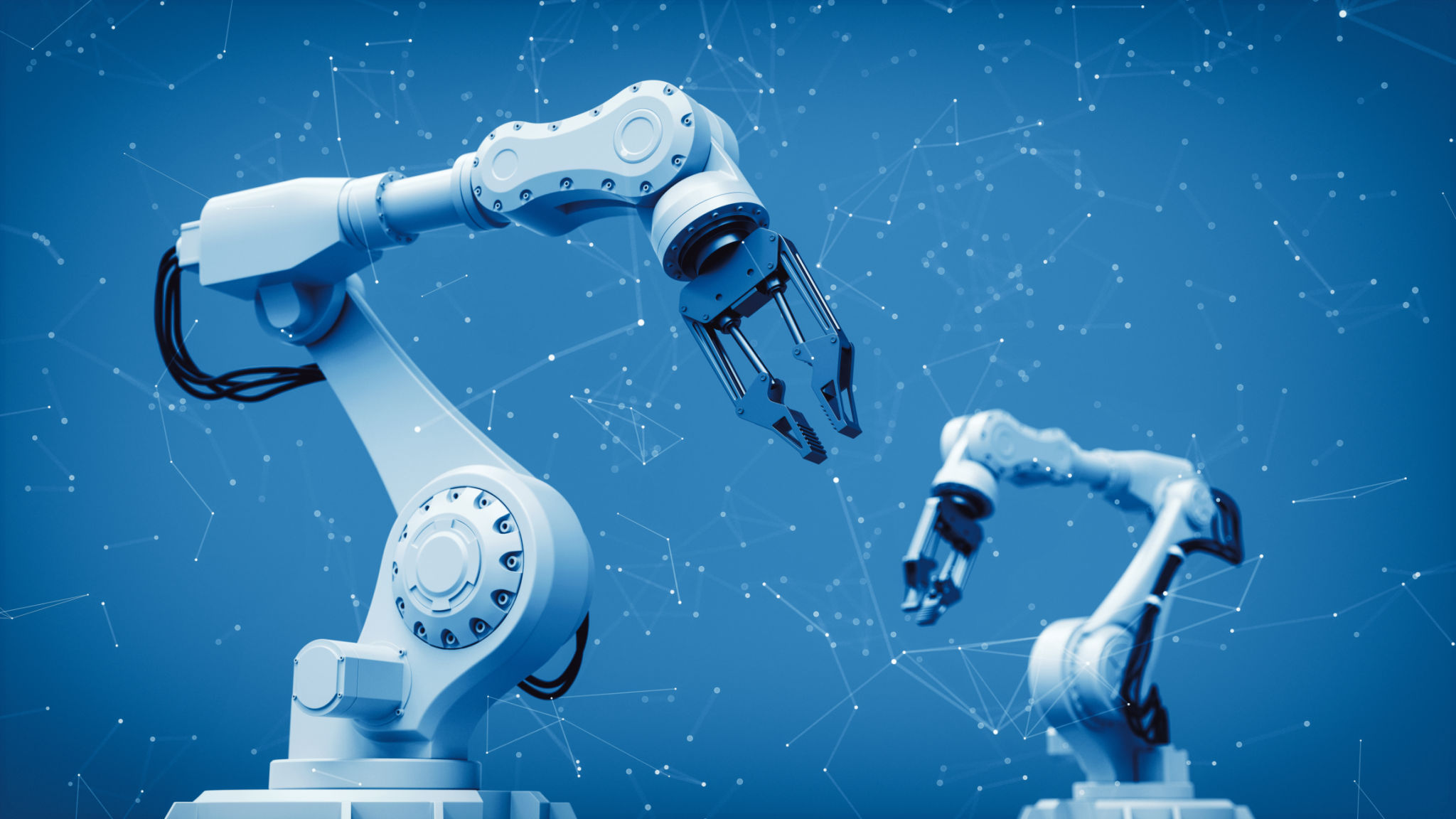From Concept to Reality: Success Stories of AI Implementation
Introduction to AI Implementation
In recent years, Artificial Intelligence (AI) has transitioned from a futuristic concept to an essential tool in various industries. Companies that successfully integrate AI into their operations often see significant improvements in efficiency, decision-making, and customer satisfaction. This blog post explores some remarkable success stories of AI implementation, demonstrating its transformative potential.

Enhancing Customer Experience
One of the most profound impacts of AI is its ability to enhance customer experiences. By leveraging AI-driven chatbots and virtual assistants, businesses can provide 24/7 support, ensuring customer queries are addressed promptly. A prime example is a leading e-commerce platform that implemented AI to personalize shopping experiences, resulting in a 20% increase in customer engagement.
AI's ability to analyze vast amounts of data allows companies to predict customer behavior and preferences. This predictive power enables businesses to tailor their offerings, improving customer satisfaction and loyalty. Retail giants have harnessed AI to create personalized marketing strategies, significantly boosting conversion rates.

Streamlining Operations
AI's impact extends beyond customer interactions, streamlining internal operations across various sectors. In the manufacturing industry, AI-powered robotics and automation systems have revolutionized production lines. These systems not only increase productivity but also reduce human error, ensuring consistent quality.
In logistics, AI algorithms optimize supply chain management, predicting demand and adjusting inventory accordingly. This capability minimizes waste and enhances delivery efficiency. A logistics company implemented AI-based predictive analytics and reported a 15% reduction in operational costs within the first year.

Revolutionizing Healthcare
The healthcare industry has witnessed groundbreaking advancements through AI implementation. AI-powered diagnostic tools assist medical professionals in detecting diseases at earlier stages, improving patient outcomes. For instance, AI systems capable of analyzing medical images have achieved accuracy rates comparable to human radiologists.
Moreover, AI-driven solutions in drug discovery have accelerated the development of new treatments. By analyzing complex datasets, AI can identify potential therapeutic compounds faster than traditional methods. A biotechnology firm leveraged AI to streamline its research processes, leading to the rapid development of a promising new drug.

Driving Innovation in Finance
The financial sector has embraced AI to enhance security and improve decision-making processes. Fraud detection systems powered by AI identify unusual patterns and prevent fraudulent activities in real-time. This proactive approach has saved financial institutions millions of dollars annually.
Additionally, AI-driven analytics assist investment firms in making informed decisions by analyzing market trends and predicting future movements. An investment company used AI to refine its trading strategies, resulting in a 25% increase in portfolio performance over the past year.

Conclusion
These success stories illustrate the remarkable potential of AI when transitioned from concept to reality. By integrating AI into various aspects of their operations, businesses across industries not only enhance efficiency but also drive innovation and growth. As technology continues to evolve, the possibilities for AI implementation are virtually limitless, promising a future where businesses can achieve even greater success.